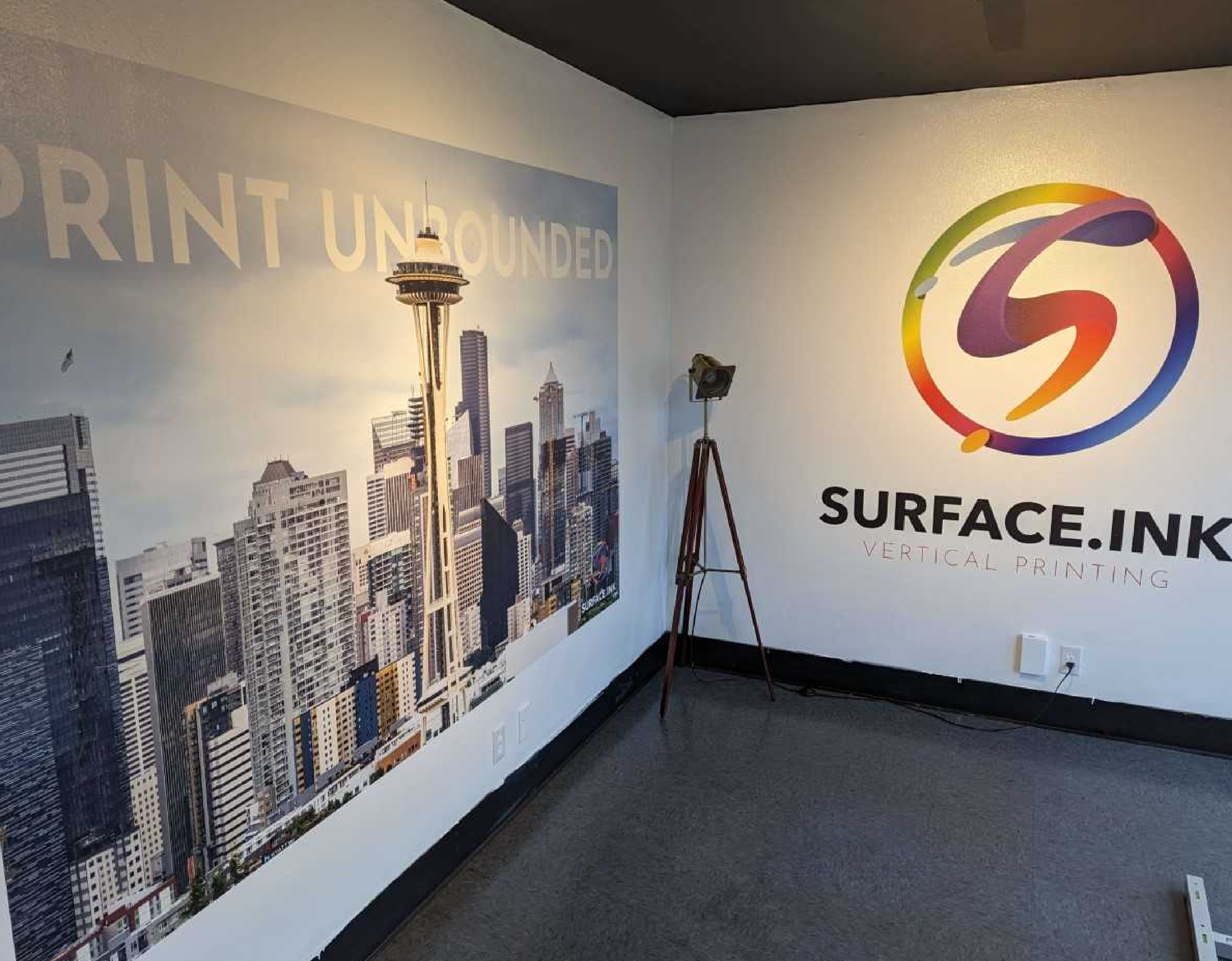
Industry Updates
BIOTECH’S BRIGHT FUTURE
article by Article by SHULA JARON | PRESIDENT, TALISEN LLC & ONAMI EIR
A Surprisingly Strong Contributor to Our Local Economy
Statewide, the biotech sector is recognized as a critical component of Oregon’s regional economy. In 2020, biotech companies across the state directly provided 22,690 jobs with $2 billion in wages, averaging $88,440 per job (Oregon Bioscience Association 2022 Economic Impact Report). Remarkably, this sector was virtually non-existent in Oregon 50 years ago.
I have lived in Eugene for over two decades and have witnessed first hand the important role our city has played in this sector’s growth. But how did biotech take root here, and what has attracted, and kept, the talent to this area?
Biotech in Eugene: Modest Beginnings
Eugene’s biotech journey began in the late 1970s when the University of Oregon’s reputation as a research institute was growing. The university’s focus on molecular biology, genetics, and biochemistry provided fertile ground for innovation and, importantly, a pool of talented scientists to support
emerging companies.
One of the earliest biotech companies in Eugene was Molecular Probes. Rosaria and Richard Haugland founded Molecular Probes in Texas in 1975, then moved it to Junction City in 1982. Soon after, they relocated to Eugene, seeking a better environment to raise their children and access to a talented pool of chemists. Eugene and UO fit the bill perfectly. Their company focused on building fluorescent chemicals for biological and medical research, gradually growing from a niche company to one of international recognition. If you have ever had your DNA sequenced, a tissue sample analyzed, or a lab based COVID test, you have likely benefited from their products.
Another foundational company was MitoSciences founded in 2004. At the time, diseases related to the mitochondria—cellular structures responsible for energy production—were poorly understood and lacked therapeutic options. Two UO professors, Roderick Capaldi and Michael Marusich, saw an opportunity to create tools to better understand these disorders, quickly becoming leaders in the field of mitochondrial research tools.
Molecular Probes and MitoSciences laid the groundwork for Eugene’s biotech ecosystem. Their success showed that Eugene could be more than just a college town—it could be a hub of scientific innovation. This environment retained UO graduates and attracted fresh talent to the region, including myself. I moved to Oregon from New England in the mid 1990’s for graduate studies, drawn by both academic opportunities and Oregon’s unique lifestyle—its mountains, deserts, and coastline. After school, I joined Invitrogen (formerly Molecular Probes), excited to be part of a company making a global impact.
Eugene’s Biotech Industry: Incremental Progress
Over the past two decades, Eugene’s biotech landscape has seen steady, though modest, growth. Molecular Probes was acquired by Invitrogen (which was later acquired by Thermo Fisher Scientific) in 2003 while MitoSciences was acquired by Abcam in 2011. Both have continued to grow but are now satellite offices of larger parent companies.
In the 2000s and 2010s, several new biotech companies emerged in Eugene, many spun out from the University of Oregon. Companies like Floragenex, InVivo Biosystems, Cascade Prodrug, Plasmidsaurus, Setareh Biotech, and Marker Gene Technologies represented ]steps forward, but the growth remained incremental rather than transformative.
By the time I left Invitrogen in 2013 it had changed its name to Life Technologies and was soon to be acquired by Thermo Fisher Scientific. Feeling disenfranchised by the corporate reshuffling that didn’t benefit our local site, I felt compelled to contribute more directly to building an ecosystem in Eugene where biotech professionals could thrive without leaving the community they loved. This led me, with others, to start the FertiLab technology incubator, which focused on helping young technology startups take root and grow locally.
The Current State of Biotech in Oregon and Lane County
After nearly two decades in Eugene’s biotech industry, I’ve seen both challenges and opportunities. Oregon’s biotech sector is steadily gaining momentum, with strong growth in Portland and Bend. Here in Lane County, the biotech sector still largely flies under the radar of many residents. With 202 bioscience companies, it comprises only about 1.4% of the county’s businesses, even with a high average salary of $91,939—1.75 times the county average.
While there are successes, the local industry remains most notable for its two aging corporate players and turnover among startups. I’ve been part of that turnover, having started a viral detection company, Enviral Tech, in the early days of the pandemic. Despite securing investment and sales, the company eventually succumbed to pandemic market volatility and limited local support, which hindered its growth.
State initiatives are sparking new interest in our biotech industry, particularly with the highly visible Knight Campus at the University of Oregon. The Knight Campus focuses on accelerating innovation and research, aiming to be a hub for training, entrepreneurship, and real-world impact. All of this positions Eugene and Lane County as key players in Oregon’s biotech landscape.
The Future of Biotech in Eugene: A Collective Effort for Growth
Reflecting on my journey in Eugene’s biotech sector, I see tremendous potential for our city to become a thriving hub of innovation. However, realizing this potential will require a collective effort from our entire community. My own story—starting in biotech here and choosing to stay—mirrors the choice faced by many professionals. We need to ensure that these professionals, and the companies they help create, have the resources they need to grow right here in Eugene.
The Knight Campus will spin out new companies—ventures born from cutting-edge research. These startups represent a significant opportunity. They will either stay in Eugene, grow, and create good-paying jobs, or they will leave if they don’t have access to the
right resources.
To truly establish Eugene as a biotech hub, we need a comprehensive strategy that prioritizes the growth of the industry locally. This begins with the creation of physical lab and office spaces, essential for startups and growing companies to expand their operations. We must attract companies to Eugene by highlighting UO’s talent and creating programs that incentivize local hiring and retention, such as training opportunities. A strong marketing campaign—both locally and nationally—can signal that Eugene is a welcoming and supportive environment for biotech. We can solidify Eugene’s reputation by collaborating with the university to provide entrepreneurial support, establishing an Oregon Bioscience Association office here, and showcasing our existing biotech successes. Finally, building strong relationships with investors who have experience in life sciences is crucial for sustaining long-term growth and success in the sector.
In my current role as an Entrepreneur in Residence (EIR) at ONAMI I help find ways to invest in Oregon-based biotech companies to encourage them to stay and grow in the region. I am excited by the foundation that has been laid and the potential is there, which is undeniable. Only through a unified, determined effort can we realize Eugene’s future as a biotech hub.
Stay up to date with this growing industry! Follow along at https://oregonbio.org/ and https://onami.us/ today.










